
9 minute read
Ireland
by Theilgaard
Project Partner: Clare Youth Service
IRELAND
Advertisement
State of the art
Introduction
The programme addresses the exclusion of young people from social, educational, cultural and economic opportunities associated with full citizenship and the focus is to develop best practice in making social inclusion a daily reality for children and youth. Whilst there are various statutory and non-governmental approaches and provisions in an Irish context, these are principally in formal educational or employment-related domains. There is, therefore, a significant gap in the resourcing of social inclusion practices in other spheres such as sports, mental health and personal development. There is an additional pressure from the high proportion of young people in the Irish population and forecasts of high birth rates.
Current Benchmarks
The Project seeks to combat exclusion and to promote high quality youth work by providing training and support through inter-agency collaboration. To this end, a benchmark of existing provision is offered.
Statutory bodies - Department of Education.
In Ireland, participation in formal education is compulsory from the age of six to sixteen or until three years of second-level education has been completed. There are a range of supports for students with special education needs and for those experiencing socio-economic disadvantage. Supports for disadvantaged students include
• Increased resources for schools deemed disadvantaged on a spatial basis. These are DEIS schools. DEIS stands for Delivering Equality of Opportunity in Schools but is also the Irish (Gaelic language) word for ‘opportunity.’ • Home School Community Liaison (HSCL) Programme that aims to integrate supports in different spheres of students’ lives • Traveller & Roma Education Provision
Whilst these programmes exist within mainstream post-primary (second level) schools, a large part of the education provision for socially excluded young people is generally known as ‘second chance’ educa-
22 | The COURAGE Project
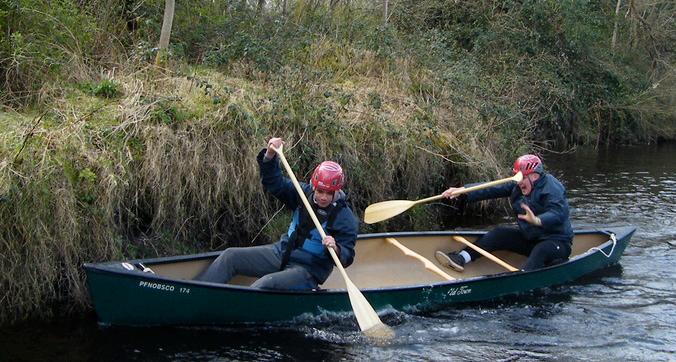
tion and takes place within the Further Education & Training Sector. This provides education and training which occurs after second level schooling and is not part of the third level system. It typically involves students who have not completed post-primary education.
There are a range of providers involved in the delivery of education to young school leavers. They include the 16 Education and Training Boards (ETBs) as well as a small number of youth work organisations including Clare Youth Service in the voluntary NGO sector.
The main provision for those still at post-primary age (18 years and under) offered by the ETBs is Youthreach, also offered within the NGO sector by Clare Youth Service Community Training Centre. A process is also underway whereby ETBs are absorbing the state’s apprenticeship programmes.
Youthreach is a Department of Education and Skills official education, training and work experience programme for early school leavers. It offers young people the opportunity to identify options within adult life, and provides them with opportunities to acquire certification. The course aims to identify the learner’s needs and negotiate an individual learner plan. There are supports for learners in overcoming personal social and learning difficulties, developing self-confidence to enable them to participate in society, and in gaining a range of competencies essential for further learning.
The program emphasises personal development, literacy/numeracy, communication and IT, along with a choice of vocational options such as Catering, Hairdressing, Computers, Woodwork and a work experience program.
Statutory bodies - Department of Children and Youth Affairs (DYCA)
DYCA was set up in 2011 to bring together various functions in relation to young people that have over time been dispersed amongst an unwieldy number of government departments and agencies.
The COURAGE Project | 23
The responsibilities of DCYA are to co-ordinate a wide range of policy and service activity, both direct and indirect, for children, young people and families in Ireland including:
• The direct provision of a range of universal and targeted services; • ensuring high-quality arrangements are in place for focused interventions dealing with child welfare and protection, family support, adoption, school attendance and reducing youth crime.
Comprehensive oversight of the Child and Family Agency, established in January 2014, is an integral element of this. • The harmonisation of policy and provision across Government and partners related to children, young people and families.
NGO Youth Work Sector
The Youth Work Sector works with young people outside (but often partnering with) the formal education sector. The Youth Work Act, 2001 provides a legal framework for the provision of youth work programmes and services and gives statutory responsibility at national level to the Minister for Education and Skills and at local level to ETBs for the development of youth work and its co-ordination with other services for young people.
“Youth Work is a planned programme of education designed for the purpose of aiding and enhancing the personal and social development of young persons through their voluntary participation, and which is complementary to their formal, academic or vocational education and training; and provided primarily by voluntary youth work organisations.”
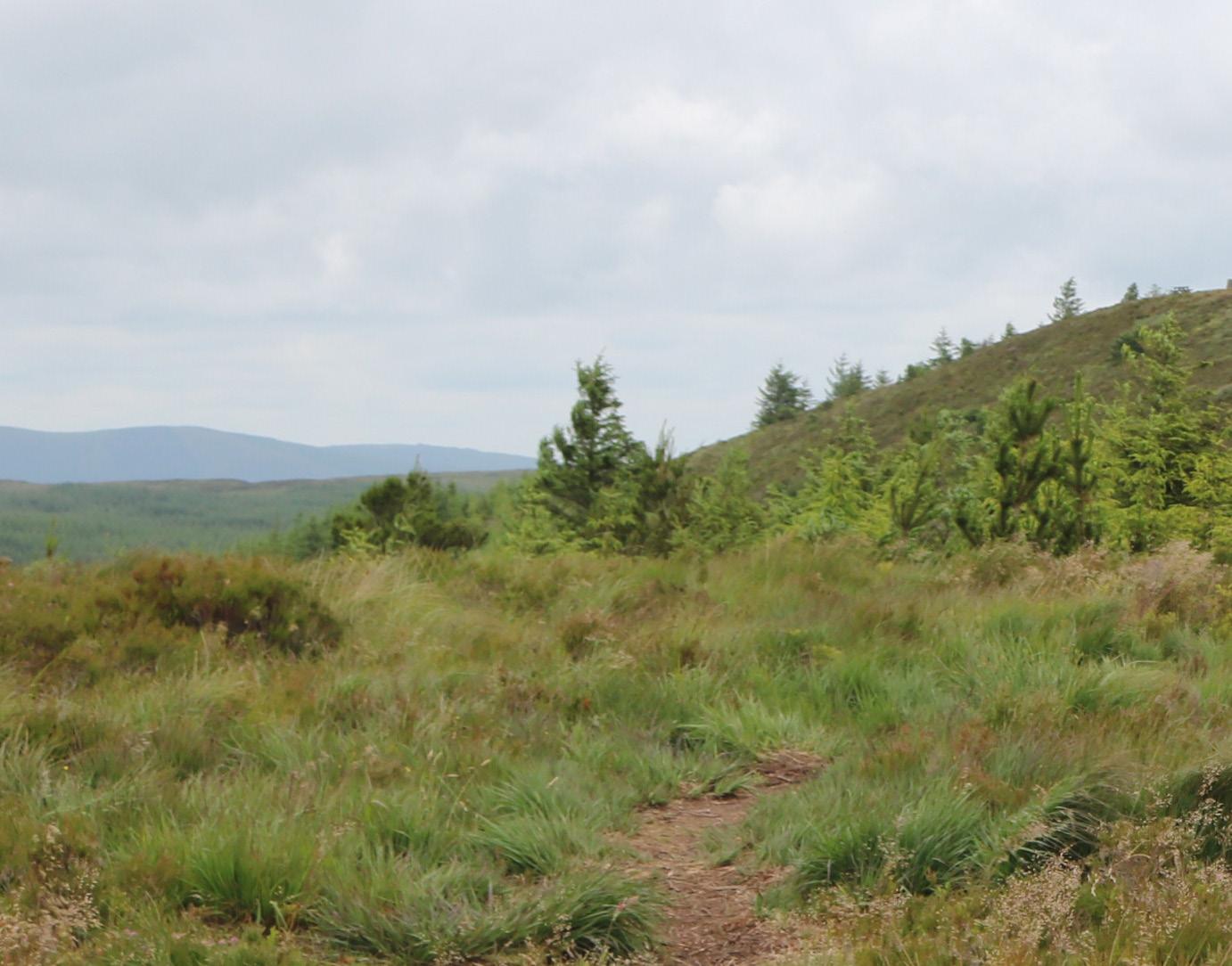
(Youth Work Act, 2001)
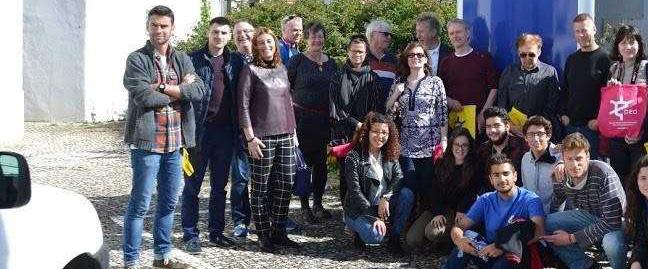
24 | The COURAGE Project
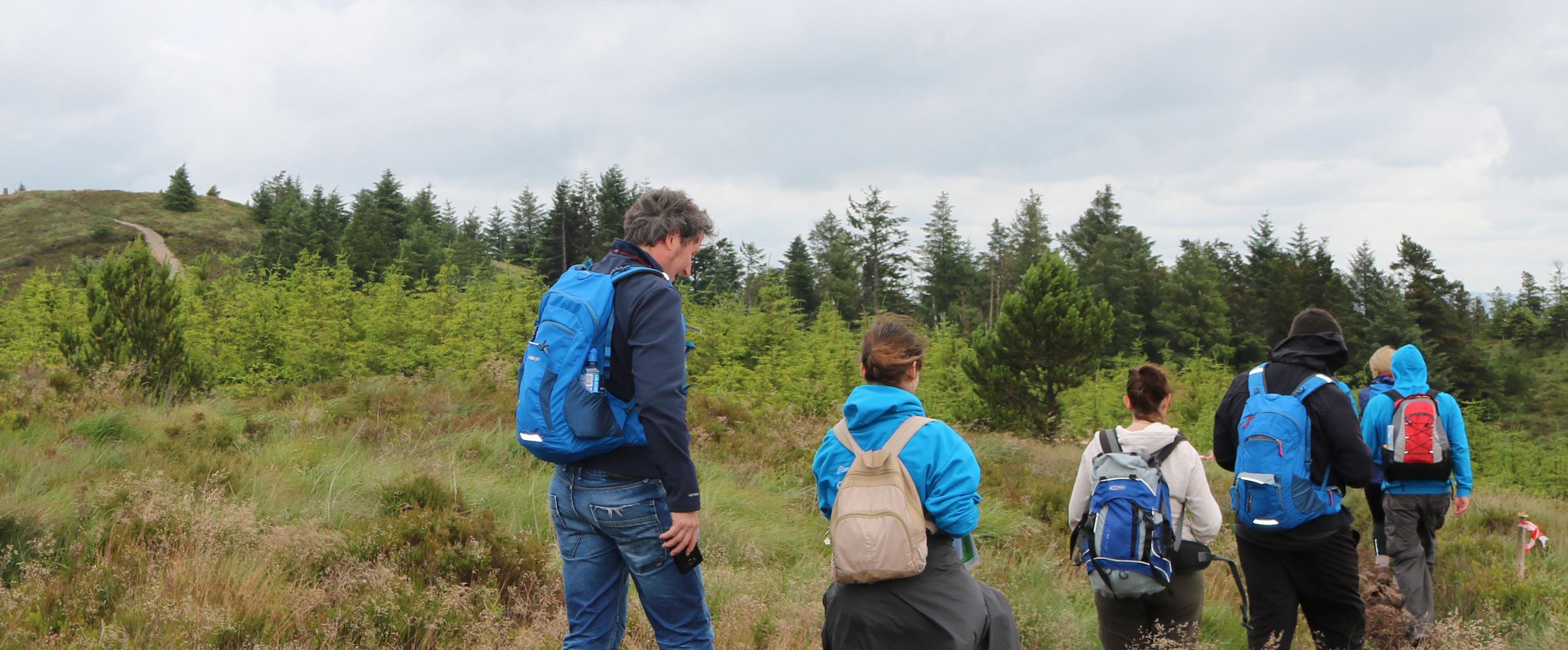
Youth Work is predicated on the voluntary participation of young people. Flexibility of approach and emphasis on the interpersonal enables it to offer an educational process complementary to that provided through formal education. Youth Work often acts as the point of contact and referral in the interface with other youth-related issues spanning the realms of care, health, and welfare.
Youth Work stimulates critical reflection and facilitates the cultivation of active citizenship and the enhancement of sustainable personal and social competencies. Thus, Youth Work has a defined position on the continuum of educational and lifelong learning provision.
Youth Work organisations are funded through a combination of governmental, European, philanthropic and public donations. Over 380,000 young people participate in youth services, programmes and clubs throughout the country.
As stated earlier, Clare Youth Service and their counterpart organisation in nearby Limerick are unusual in the Irish Youth Work landscape in also offering education and vocational training for which they receive funding through the Limerick Clare Education & Training Board. Delivery methodology is distinctive on account of both organisations’ experience in Youth Work and the long-standing deployment of the Developmental Groupwork approach.
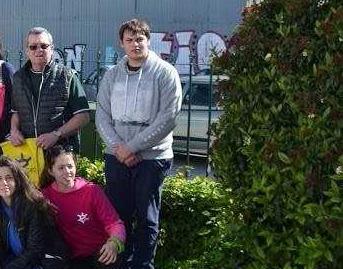
Sports Sector
Ireland has a weak state sector in comparison to European norms. Voluntary provision in health, education and social services is traditionally strong and especially true in sports. There is a growing emphasis on active recreation due to changing social norms and government policy.
At regional level, Local Sports Partnerships have responsibility for the promotion of sport and recre-
The COURAGE Project | 25
ation as well as ensuring inclusivity of practice in relation to the participation of persons with disability and those in lower socio-economic groups.
At elite level the Football Association of Ireland (FAI) and Gaelic Athletic Association (GAA) are incorporating personal development goals such as in the FAI’s Emerging Talent Programme.
Despite this and the strong cultural role of sport participation levels are worrying;
• The ESRI Report ‘Keeping them in the Game’ shows a widening socio-economic gap as people progress through adulthood – the less well-off are more likely to drop out from sport as young adults and less likely to take up new activities. • The Children’s Sports Participation and Physical
Activity (CSPPA) conducted by University of
Limerick, University College Cork and Dublin
City University shows that just 19% of primary school pupils and 12% of post-primary pupils receive the amount of recommended exercise One in four children is unfit, overweight or obese and has elevated blood pressure. • Both studies are agreed that female participation particularly slips as age increases in the teenage years.
Bridging the gap
There have been a variety of studies done on the effects of a young person’s behaviour and the influence of a “Very Important” non-parental adult (Beam, Chen, & Greenberger, 2002). There have also been studies done on how youth see “Significant Adults” in their lives (Hendry, et al 1992). These studies support the important role of an adult in the life a young person.
In the youth work context in Clare, significant adults have been trained in the leadership and developmental groupwork process developed by Button and others. In many ways, this training (or even the organisational ethos for those not yet trained) distinguishes them from adult leaders in educational or sporting organisations. He developed a method for both training youth workers and working with young people - Discovery and Experience (1971) and Developmental Group Work with Adolescents (1974)- that stands alone within youth work methodology as a coherent system of theory and practice. Button’s methods offer a way of enabling young people to develop confidence and capacity for self-agency increasing the possibilities of self-motivated engagement with programmes, education and society.
Another approach embedded in CYS is the notion that the young people they work with must be facilitated to create the own world, not merely consume youth work, sport or education. This flows from a belief in the benefits for the happiness and self-confidence of individuals, and for the strengthening of community life. Also there is an invitation to workers to embrace and explore their educational role.
26 | The COURAGE Project
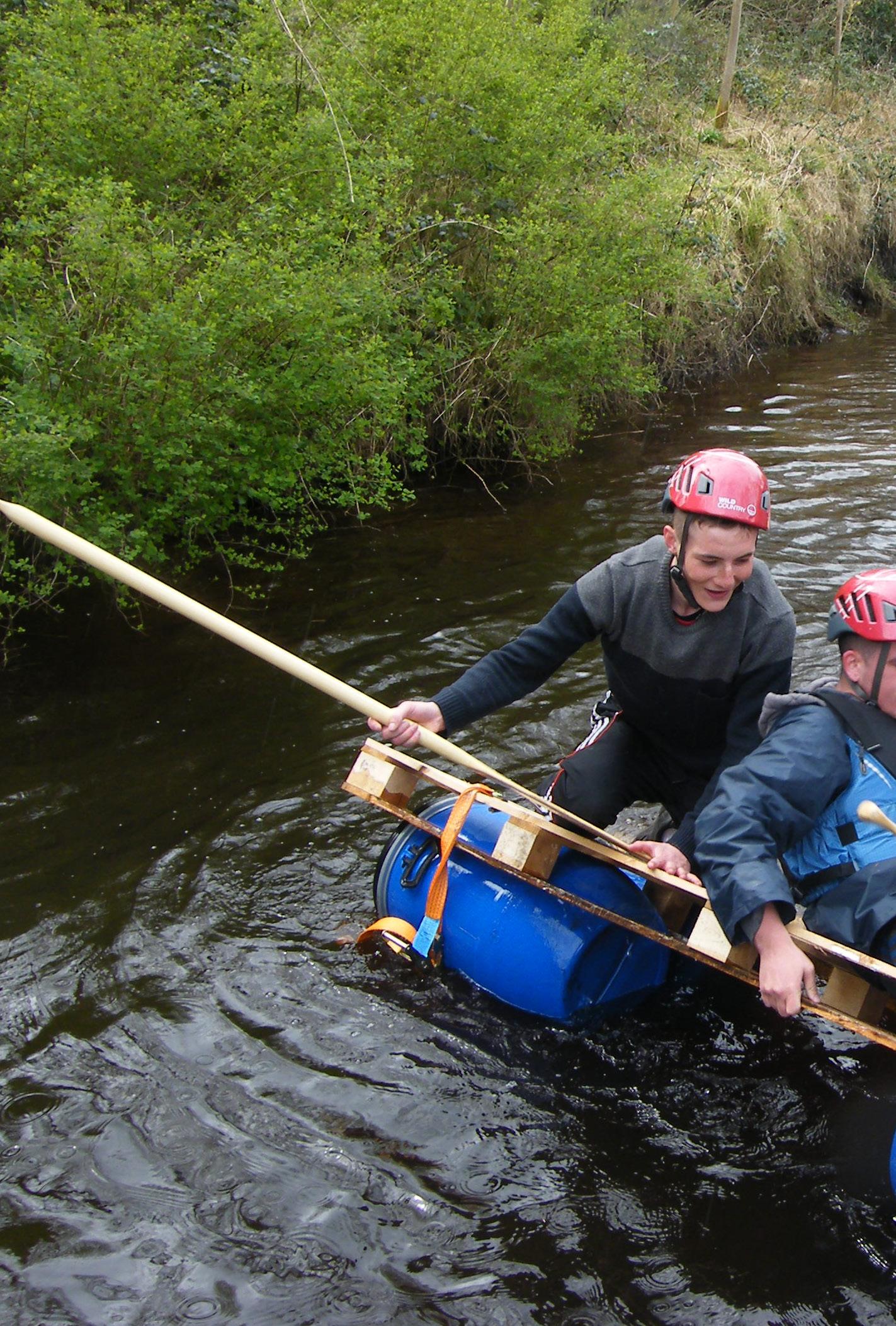
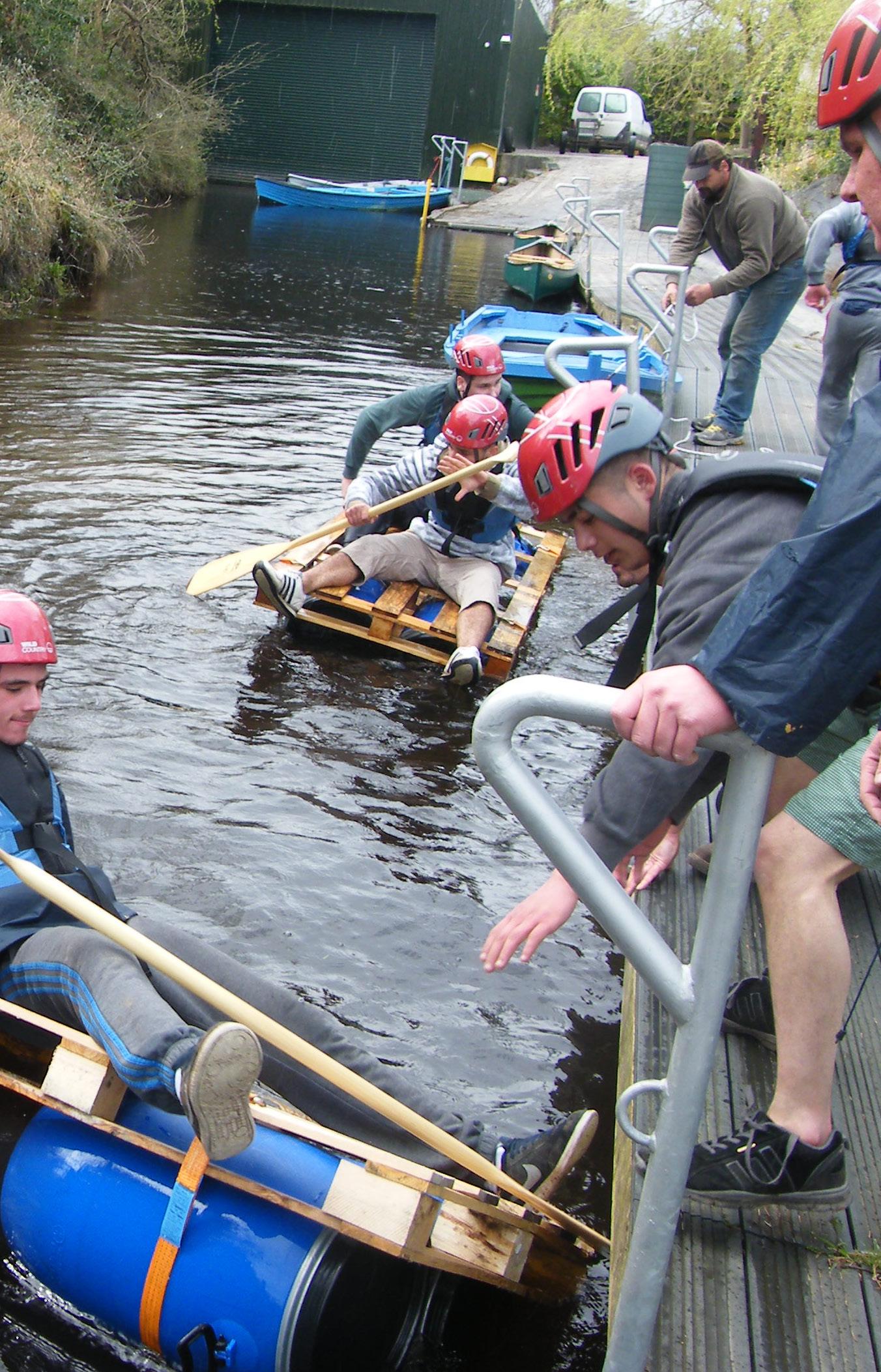
Both of these approaches are more likely to engage those who are marginalised.
Clare Youth Service
In the Irish national context, Clare Youth Service is in an unusual position in offering second chance vocational educational as well as informal youth work provision. Generally, these spheres are distinct. In developing their services across these two areas, Clare Youth Service has employed Developmental Groupwork practices for almost half a century. These practices are deeply embedded in both their formal education and non-formal education provision.
In recent years, the organisation has increasingly engaged in inter-agency collaborations including the development of a range of contacts amongst statutory providers and voluntary youth providers including sporting bodies.
Conclusion
The COURAGE project offers an opportunity to develop and share best practice, to devise and implement innovative, non-formal but tangible results in the greater inclusion of all young people in youth, sports and educational provision. The immediate target groups for output of COURAGE are youth and community workers, school leaders and teachers, trainers, and coaches, working with young people, in particular those experiencing social exclusion, with varying and often inadequate resources for training and support.
Given the current situation Clare Youth Service wishes to further develop good practice in relation to its outdoor education programmes, to promote and extend its groupwork practices and make them relevant and available to other organisations working with young people in order to promote more effective social inclusion.
Case Studies
Clare Youth Service has three Case Studies as part of the Courage programme.
1. The CYS Outdoor Education programme 2. The Clare Sports Partnership Health and Fitness programme 3. The Personal and Social Development Group
Work programme
For all three areas the primary aim is to: Improve and support the training needs of Formal Education, Youth work, and associated disciplines to address the disconnect experienced by some teenagers to both formal and non-formal education. The timeframe for all Case Studies was from September 2016 to August 2017. This handbook highlights each of the three studies. The programmes are examined in more detail on the COURAGE website along with additional information about the Clare Youth and our Partners.
The COURAGE Project | 27










